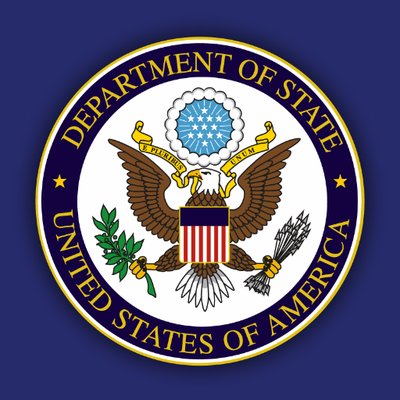The year 2015 marks the 70th anniversary of the end of World War II and the War of Chinese People’s Resistance against Japan, as well as the establishment of the United Nations. Naturally most major countries tried to influence the post-World War II international order. As a victorious country from World War II, a permanent member of the UN Security Council, and a major developing power that is rapidly rising, China must not be shy about seizing the opportunity to safeguard and improve the post-war international order, and steering the world towards peaceful development.
The international order is aligned under the principles, norms and mechanisms that were formed as a compromise among major countries to govern international behavior. The international order continues to evolve in line with the changing balance of power among major countries.
The post-war international order incorporates the concepts, rules, organizations and institutions of contemporary international relations, established by the victorious powers after World War II. This fully reflected the results of the war and the need for international justice. It has not evolved easily. The core of this order is made up of the political and security order, which is designed as follows.
The first is the Charter of the United Nations, which carries with it concepts and values of post-war international relations for peace, democracy and progress, including sovereign equality, the peaceful resolution of international disputes, and the non-use of force or non-threat of use. The UN Charter has become a norm of contemporary international law and international relations, playing a big moral and realistic role in maintaining and promoting world peace, containing hegemony and power politics, and safeguarding the legitimate rights and interests of all countries, particularly developing nations. .
The second one is the collective security mechanism with the UN Security Council at the center, which is dedicated to safeguarding world peace. This includes the veto power conferred to the five permanent members of the Security Council. The P-5 sacrificed the most and contributed the most to the victory against Fascists, and therefore enjoys special rights and responsibilities toward international peace and security.
Third, the historic Nuremberg and Tokyo Trials and the series of treaties and efforts to reform Germany and Japan, the two major sources and losers of war, of war power or potential, restrict their political and military ambitions, and prevent them from harming mankind ever again. The 1943 Cairo Declaration and the 1945 Potsdam Proclamation involving China, the US, UK and Soviet Union were the most important results of the victory against the Fascists.
The P-5 led post-war international order has been in place for seventy years. It requires maintenance and adherence, as well as reform and improvement. On the one hand, the legitimate rights and interests of victorious countries, which have been won through bloodshed and sacrifice, must be safeguarded. On the other, new changes in the international balance of power should also be reflected, and all players should we wary of any country challenging or even subverting the post-war international order.
The post-war international order is now confronted with two challenges. Firstly, the Japanese authorities are stubbornly rightist. The country refuses to admit to a history of aggression, while moving to lift the ban on the right to collective self-defense at an accelerated pace. Japan is revising its pacifist constitution, changing its military strategies, striving for the status of a political and military power, and attempting to become a permanent member of an expanded Security Council. The second challenge lies with America’s selfish pursuit of world hegemony and dominance in the Asia Pacific. To prepare for and delay China’s rise, the US indulges and uses Japan, and relaxes its restraints. America is not firm in safeguarding the post-war international order.
China is both an important contributor to and overall beneficiary of the post-war international order. In facing new challenges, China should take the opportunity offered by the 70th anniversary and make various efforts to safeguard and improve the post-war international order.
China should first seize the moral high ground to stress the historical truth and call for international justice.
It should also draw upon the experiences of the anti-Fascist united front in World War II, in order to unite the majority and isolate the minority. Priority should be given to unite other permanent members of the UN Security Council, Russia in particular, and victim countries such as the ROK, to jointly resist an agitation from any individual country and to safeguard the current international order. At the same time, efforts should be made to recall the shared history against the Fascists in order to caution the world of the danger of Japan moving to the right. Communication and coordination with emerging powers and the African Union should also be enhanced, with more convincing talks on reform of the UN Security Council and a joint effort to improve the post-war international order.
Furthermore, China should firmly defend its national interests and security by containing Japan’s rightist tendencies, safeguarding its territory and sovereignty, and curbing its attempt to revise history, revive militarism or seek a permanent Security Council membership.
Fourthly, with eyes on the future external strategy and blueprint for world development, China should, at an appropriate time, introduce its own views on the new international order with systemic theories on the post-war international order and UN reform, so as to increase its international voice and to influence international relations. As General Secretary Xi Jinping pointed out during the 19th collective study session of the CPC Central Committee’s Political Bureau on 5 December 2014, “We must not be an onlooker or follower, but should strive to be a participant and leader, delivering more Chinese voices and Chinese elements in the making of international rules.”



